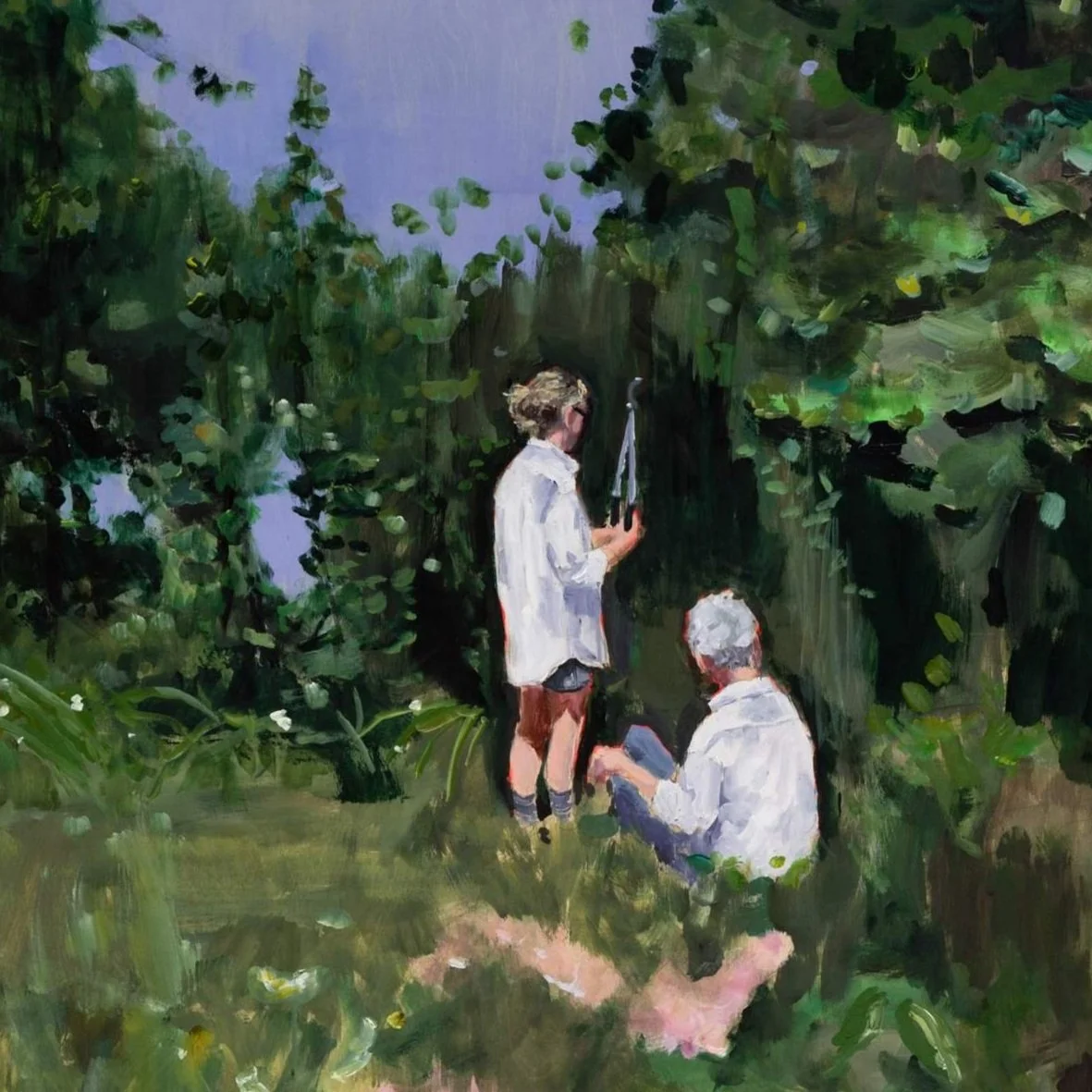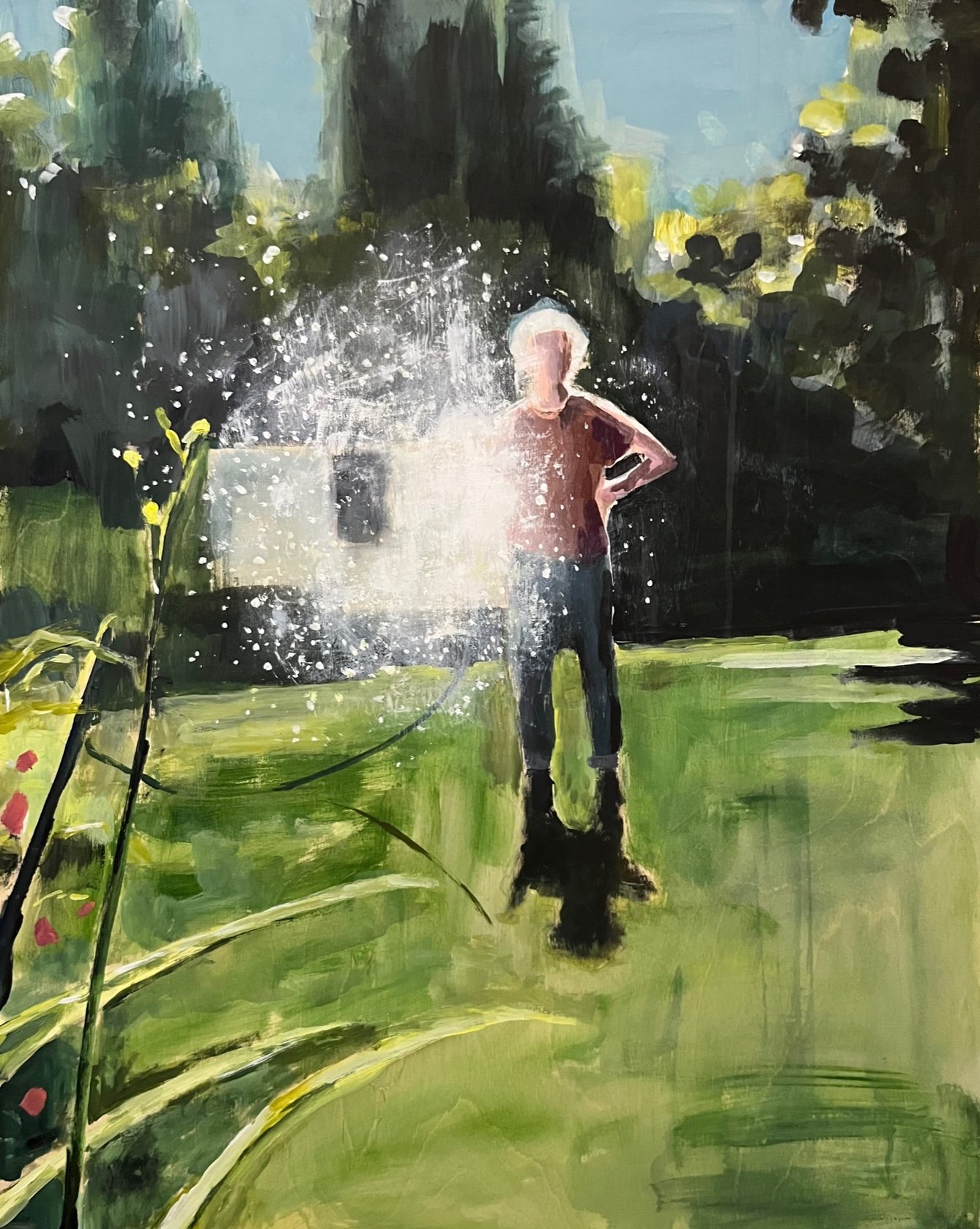People always say that they are “thrilled to announce… blah blah blah” but I really am THRILLED TO ANNOUNCE my participation in NADA MIAMI with La Loma Gallery from Los Angeles. I will be showing new works alongside the lovely and talaented Ryan Dobrowski in booth C 301.
Come see us at Ice Palace Studios, 1400 N Miami Ave, Miami FL 33136. Opening will take place on Tuesday, Dec 3rd. VIP Hours: 10 am - 4 pm. Public Hours: 4 - 7 pm.
Request a preview from anastasija@lalomaprojects.com or kirk@lalomaprojects.com
Nancy Friedland, Blink, 2024 Acrylic on wood panel, 40” x 30”
Artwork Photo by LF Documentation









